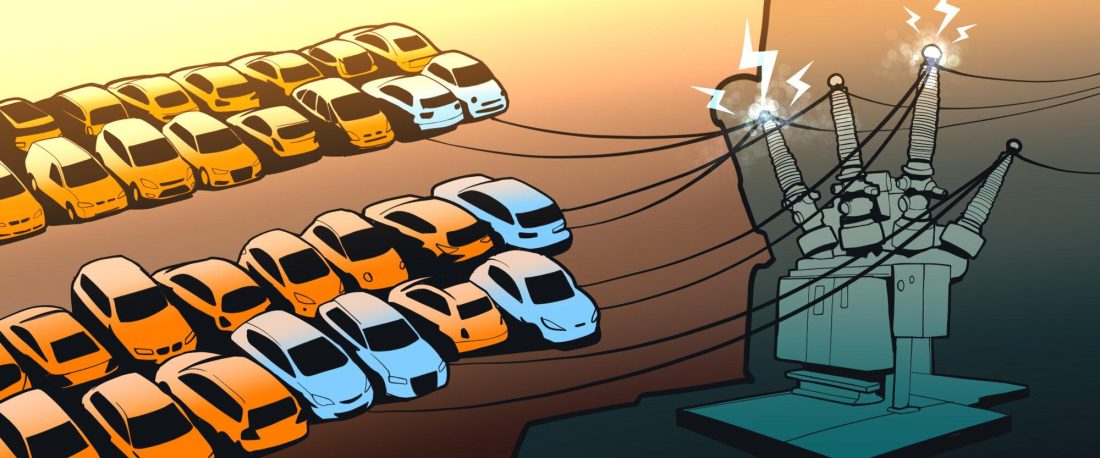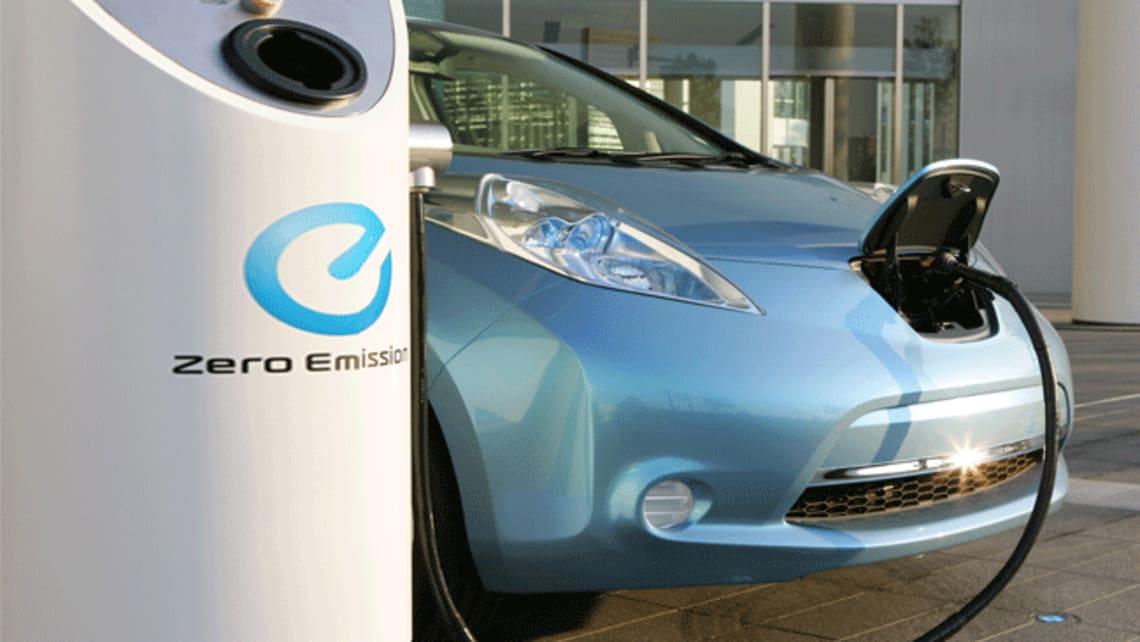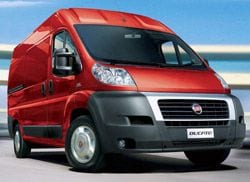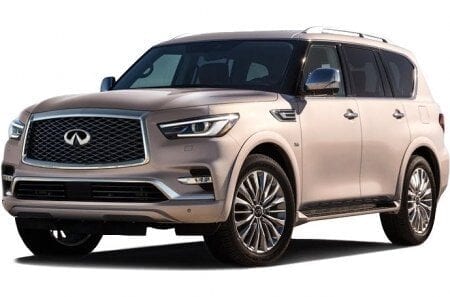
Auto giants abandon the electric route

Global sales of plug-in electric vehicles are still paltry despite the Nissan Leaf winning awards and driving well.
This week, the world's three largest automakers phased out battery-powered vehicles at Europe's biggest auto show in 2012.
Volkswagen and Toyota have joined General Motors in a stronger commitment to a new generation of extended-range hybrid vehicles that promise more than just a plug-in city runabout.
GM is already rolling out its famous Volt, the first deliveries to Australia are about to begin through Holden dealerships, now Toyota is pushing its Prius line, and the VW Group has confirmed the arrival of a new type of petrol-electric vehicle in its giant lineup. up.
All three companies are aiming for vehicles that combine some form of pure electric driving with an internal combustion engine for longer trips, often charging the on-board battery to extend the electric range to 600 kilometers.
At the same time, global sales of plug-in electric vehicles are still paltry, and while the Nissan Leaf has won awards and drives well, automakers admit that many of them are losing money trying to convince customers to step up. future.
There are even rumors that BMW, which is preparing an entirely new division for electric vehicles, is slowing down the project until it gains more recognition. “Many competitors are currently cutting back on their EV plans,” says Martin Winterkorn, chairman of the Volkswagen Group.
“At Volkswagen, we don’t have to do this, because from the very beginning we have always been realistic about this technological transition.” “We were thinking about purely electric cars, but in the end I think they are only suitable for urban applications.
If you're driving on the autobahn or in the countryside, I don't think a purely electric car is going to appear in the near future,” confirms Dr. Horst Glaser, one of the senior development engineers at Audi, part of the VW Group. Successful electric vehicles face many challenges, from charging systems to costly lithium-ion batteries.
But the hurdles come with customer acceptance, as every major brand speaks of "range worries" about cars that can't be quickly filled up, and customers are also unhappy with the cost and unproven battery life of car batteries.
Toyota says it is reducing its commitment to electric vehicles, instead accelerating development of Prius plug-in hybrids with better short-term electric range for urban use. “The current capabilities of electric vehicles do not meet the needs of society, whether it is the distance that cars can travel, the cost or the duration of charging,” says Takeshi Uchiyamada, vice chairman of the board of Toyota.
"There are many difficulties." Audi is leading Volkswagen's push with a system that combines a tiny three-cylinder internal combustion engine with a battery pack and two electric motors, a system I tested this week in Germany.
It's an impressive package and will soon go into full production, most likely in the upcoming Audi Q2 SUV, before it's launched through the VW Group. “We started with full hybrids because we knew the limitations of battery and control technologies. Applying new technology first is not always the right approach,” Glaser says.

